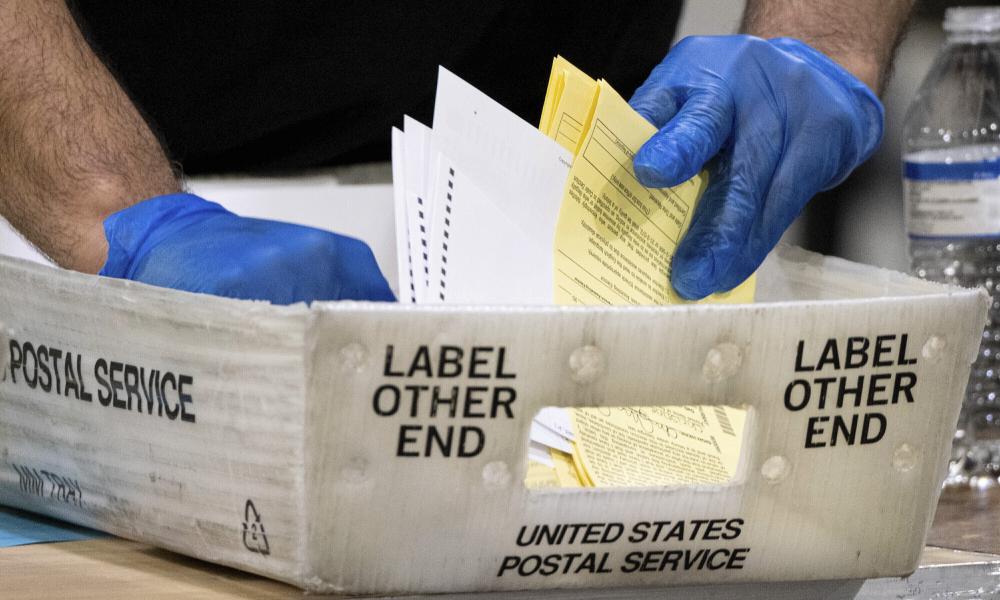In Georgia, recent court rulings have curtailed attempts by Republican activists to influence the certification of the upcoming November election results. A notable decision issued by Fulton County Superior Court Judge Robert McBurney reaffirmed the legal obligation of elections officials to certify elections, emphasizing that disputes and allegations concerning the results should be addressed by local district attorneys rather than allowing board members the discretion in certification. This ruling countered efforts spearheaded by Trump-aligned attorneys, specifically those allied with Julie Adams, a Republican member of the Fulton election board, who sought to argue for a more discretionary approach in the certification process.
The subsequent day, Judge Thomas Cox of the Fulton County Superior Court issued another significant ruling, invalidating seven rules adopted by Georgia’s state election board. Key among these invalidated rules was a directive mandating that ballots be hand-counted on election night, as well as a provision that permitted elections officials to conduct vague “reasonable inquiries” into discrepancies prior to certifying election results. Another problematic regulation required elections officials to provide extensive documentation for review by board members before certifying the election. The court determined these rules were not only unsupported by existing Georgia Election Code but also contrary to it, thereby restricting the state election board’s authority to implement rules exceeding what state law dictates.
The Georgia Republican Party has announced plans to appeal the rulings, which have been celebrated by voting rights advocates. Nichola Hines, the president of the League of Women Voters of Georgia, labeled the court’s decision a significant victory for voters and election integrity, condemning the state election board’s rules as having been designed with malicious intent to disrupt the state’s electoral process. This perspective was bolstered by the broader discomfort felt among many county elections directors, voting advocates, and the state’s attorney general’s office, which had previously warned the board that the rules in question could face constitutional challenges.
Janelle King, one of the Georgia state election board members, expressed her rationale for the rules, suggesting they were intended to ensure accuracy in vote counting amid concerns about potential human error. In her view, the board’s actions were essential, asserting that the motivations were not politically charged despite ongoing criticisms that the board was acting in partisan ways. Voting rights proponents, however, argued that the rapid implementation of rules just before the election only served to create further confusion and complications in the voting process, underscoring the need for a more standardized and reliable electoral framework.
The actions and motives of the state election board have drawn scrutiny from Democratic lawmakers, who filed a suit aimed at prompting Governor Brian Kemp to investigate potential conflicts of interest among board members. This legal challenge stemmed from allegations that board members may have ethical violations and are intentionally flouting legal guidelines. A previous ruling by Judge Ural Glanville dismissed this case, leading to an appeal, as some lawmakers continued to express concern over what they described as a rogue board operating outside the bounds of legality.
Furthermore, the contentious late rule changes brought about by the state election board highlighted underlying tensions regarding electoral oversight in Georgia. The discussion around these changes touches upon broader themes concerning electoral fairness and governance. Commentators argue that the preclearance requirements once mandated by the Voting Rights Act, which was invalidated by the U.S. Supreme Court, could have prevented such last-minute disruptions from occurring, raising questions about the future of election integrity in the state. As the November elections draw near, the legal landscape remains significantly charged, with the potential for further developments that could shape Georgia’s electoral dynamics substantially.

